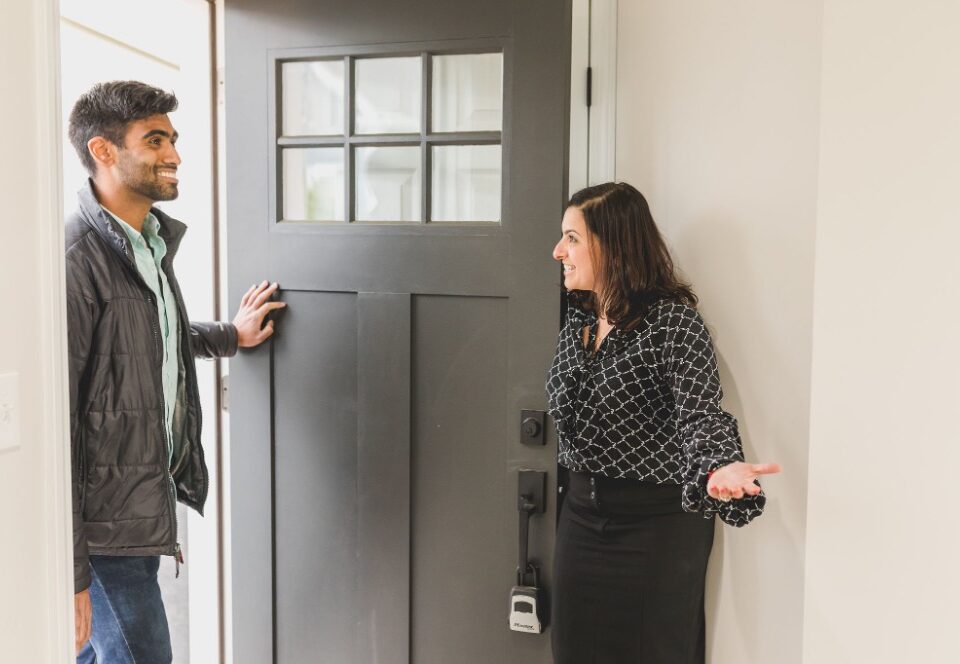First-Time Homebuyers Need This Step-By-Step Guide For A Smooth Process

How to Assess and Negotiate Repairs When Buying a House
26 February 2023
Seamless Transition: Launching Your Home-Based Business While Moving to a New Home
10 July 2024Photo via Pexels
Shopping for a new home requires a lot of careful planning due to the number of steps involved, so it pays to get organized from the very beginning. Whether you’re looking to buy your first starter home or are ready to leave a rental for your dream property, it’s crucial to break down the process in a certain order so you won’t become overwhelmed. Start by thinking about what you want in a home and what you can and can’t live without. Set a budget and do a little research on average home prices in the areas you’re interested in; factor in the move and closing costs–which are typically between 2%-5% of the total purchase price–as well. The Catana Team shares a few elements you won’t want to overlook:
Determine how much you can afford
Before you can start searching for the perfect home, you’ll need to create a budget. To do that, it’s important to check your credit score (and monitor it if needed), and look for easy ways to boost it. Once those tasks are done, take a close look at your finances and weigh your income and expenses. How much can you realistically afford to pay for a mortgage? What type of loan is best for you? Keep in mind that different loan types contribute to the closing costs; if these are going to create a hardship for you, review the paperwork carefully to make sure there are no discrepancies.
Have it inspected
Once you’ve found the right home and the price is right, it’s important to have the property looked at by a pro before making an offer. You have several options to choose from if problem areas arise; some sellers will repair or replace small issues, or will offer a credit within the sale price and leave the repairs to you. This means an inspection will be crucial to ensure there isn’t costly damage lurking beyond sight.
Keep in mind that if you’re purchasing a home “as-is”, your contract may have waived your right to an inspection. Take care to find out everything you can about a property before putting a contract on it if you plan on making an as-is purchase.
This is also a great time to think about what type of insurance you want to get. Homeowner’s insurance only covers certain problems, whereas a warranty can be beneficial in the event of an issue with appliances or systems like the plumbing or heating unit. Take a look at the inspection report to find out whether there are existing warranties and exactly what they cover. Do your research into home warranties to determine if one is worth it for you.
Make an offer they can’t refuse
Once you’ve had the home inspected, it’s time to make an offer. This can be a daunting task, so it’s important to rely on your real estate agent to help you figure out a number. Getting pre-approved by your lender will also be beneficial and will speed the process up. Take a look at how long the house has been on the market; if it’s been a few months, they might be more motivated to sell and will accept a lower-than-average offer.
You’ll also want to think about what contingencies to add to the contract, especially if the home inspection hasn’t come through yet. Some contingencies are better than others, so get familiar with the most common ones before adding them to your offer.
When buying a home, having a great real estate team on your side is essential. They can help you search, devise a plan for making an offer, and even negotiate with the seller. Stay organized throughout the process in order to reduce stress and consider investing in a home warranty so you can enjoy settling into this new phase of your life.
For expert assistance finding and purchasing a home in the Greater Waterloo, ON area, contact The Catana Team today!





